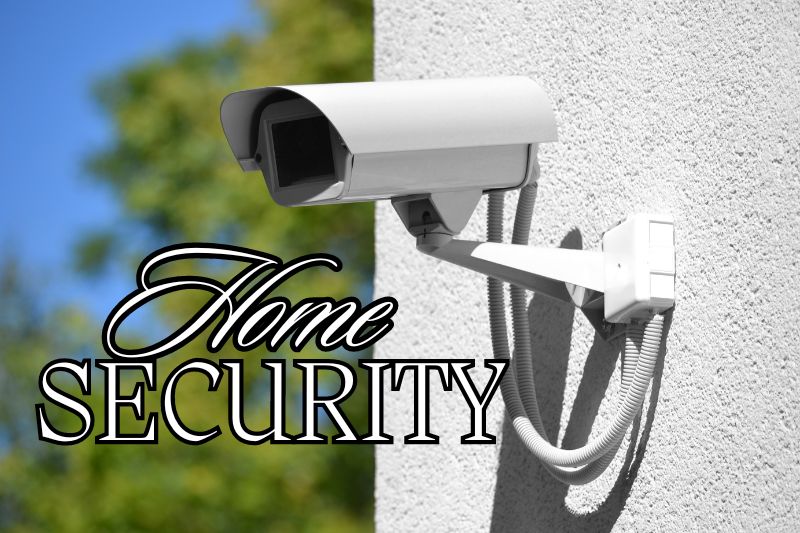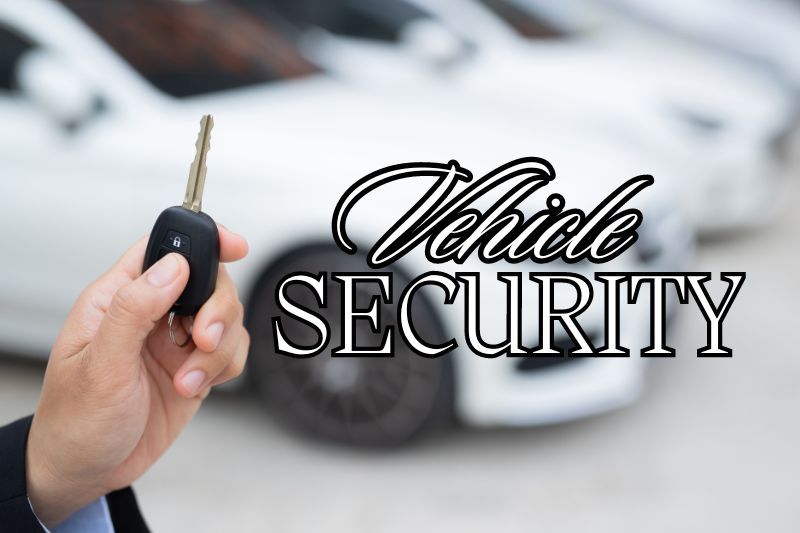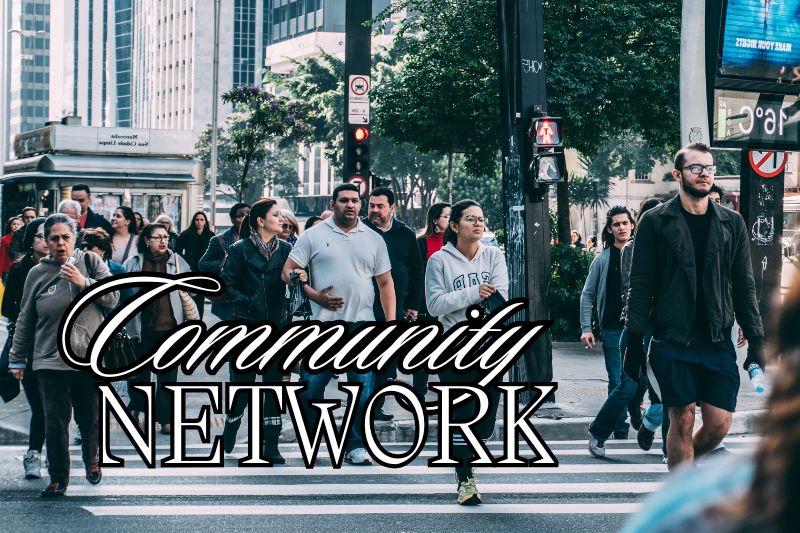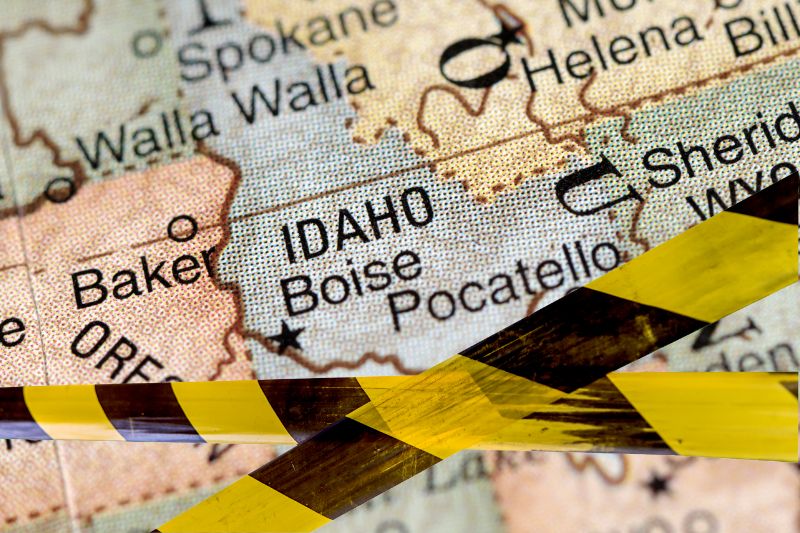Strengthen Home Security

Enhancing your home’s security measures can significantly reduce the risk of break-ins and other crimes. Consider investing in high-quality locks, deadbolts, and security systems with cameras.
Smart home security systems, which can be monitored remotely via smartphones, are particularly effective. Additionally, ensure all entry points, including windows, are secured, and install outdoor lighting to deter potential intruders. The cost for these upgrades ranges from $200 to $2,000, depending on the extent of the security measures.
- Upgrade Locks: Install high-quality deadbolts and smart locks on all doors. Consider keyless entry systems that use codes or biometrics.
- Install Security Cameras: Place cameras at all entry points and ensure they are visible to deter potential intruders. Use cameras with night vision and motion detection.
- Use Alarm Systems: Invest in an alarm system that alerts you and the authorities if there is a break-in. Systems that allow remote monitoring via smartphone apps are particularly useful.
- Reinforce Doors and Windows: Use metal or solid wood doors and reinforce them with metal plates. Install window locks and security film to prevent breakage.
- Outdoor Lighting: Install motion-sensor lights around the perimeter of your home to illuminate dark areas and deter intruders.
Stay Informed and Connected

Staying informed about crime trends and local incidents can help you take proactive measures to protect yourself. Sign up for community alerts and follow local news sources to stay updated. Joining neighborhood watch groups or online community forums like Nextdoor can also be beneficial.
These platforms allow residents to share information and work together to enhance community safety. Participation in these groups is typically free, though some neighborhood watch programs may suggest voluntary contributions for additional resources.
- Sign Up for Alerts: Subscribe to local police department alerts, community newsletters, and crime watch apps like Citizen or Neighbors by Ring.
- Join Neighborhood Groups: Participate in local neighborhood watch programs and online forums like Nextdoor to stay informed and share information.
- Stay Updated: Regularly check local news websites and social media pages of local law enforcement for updates on crime trends.
- Report Suspicious Activity: Don’t hesitate to report any suspicious activity to the authorities and share information with your community.
- Use Apps: Utilize safety apps like Safetrek or Noonlight that can alert authorities with your GPS location in case of an emergency.
Practice Personal Safety Strategies
Personal safety strategies are crucial, especially when out and about. Avoid walking alone at night and stick to well-lit, populated unsafe areas. Carrying personal safety devices like pepper spray, personal alarms, or stun guns can provide an added layer of protection.
Consider taking self-defense classes to boost your confidence and ability to handle potentially dangerous situations. The cost for personal safety devices ranges from $10 to $50, while self-defense classes can vary from $50 to $200 per course.
- Avoid Risky Areas: Stay away from areas known for high crime rates, especially at night. Use navigation apps to find safer routes.
- Personal Safety Devices: Carry pepper spray, a personal alarm, or a stun gun. Ensure you know how to use these devices effectively.
- Self-Defense Training: Enroll in self-defense classes such as Krav Maga, Brazilian Jiu-Jitsu, or basic self-defense workshops.
- Be Aware of Your Surroundings: Stay alert and avoid distractions like using your phone while walking. Keep your eyes and ears open for any unusual activity.
- Travel in Groups: Whenever possible, travel with friends or family members. There is safety in numbers.
Secure Your Vehicle

Vehicle theft and break-ins are common crimes, so taking steps to secure your car is essential. Always lock your vehicle and avoid leaving valuables in plain sight. Installing anti-theft devices such as steering wheel locks, car alarms, or GPS tracking systems can further protect your vehicle.
Parking in well-lit, busy areas can also deter criminals. Anti-theft devices can cost anywhere from $20 to $300, while GPS tracking systems may range from $50 to $200, plus potential monthly subscription fees.
- Lock Your Car: Always lock your vehicle, even if you’re just stepping away for a moment. Double-check that all windows are closed.
- Hide Valuables: Never leave valuables like laptops, purses, or shopping bags in plain view. Store them in the trunk or take them with you.
- Install Anti-Theft Devices: Use steering wheel locks, car alarms, or kill switches to deter thieves. Consider installing a GPS tracker.
- Park Safely: Park in well-lit, busy areas, preferably where there is security surveillance. Avoid secluded or dark parking spots.
- Secure Documents: Do not leave important documents like your registration or insurance card in the car. Keep them in a secure place at home.
Build a Strong Community Network

Building a strong community network is the most effective way to enhance safety. Get to know your neighbors and look out for one another. Strong community ties can deter criminal activity and provide a support system in case of emergencies. Organize regular community meetings and events to foster relationships and discuss safety strategies.
Also you might want to consider collaborating with local law enforcement to address community-specific concerns. This approach not only promotes safety but also builds a sense of unity and resilience. Costs for organizing community events can vary but are often minimal, especially when resources are pooled together.
- Organize Meetings: Set up regular neighborhood meetings to discuss safety concerns and strategies. Use these meetings to build relationships and trust.
- Community Events: Host community events like block parties, clean-up days, or safety workshops to foster a sense of unity.
- Stay Connected: Create a contact list of neighbors and set up a communication system such as a WhatsApp group or an email list to share important information quickly.
- Collaborate with Law Enforcement: Invite local police officers to community meetings to discuss crime trends and safety tips. Establish a rapport with them to ensure timely assistance when needed.
- Look Out for Each Other: Encourage neighbors to watch out for each other’s homes, especially when someone is away on vacation. Offer to collect mail, check on pets, or keep an eye on the property.

